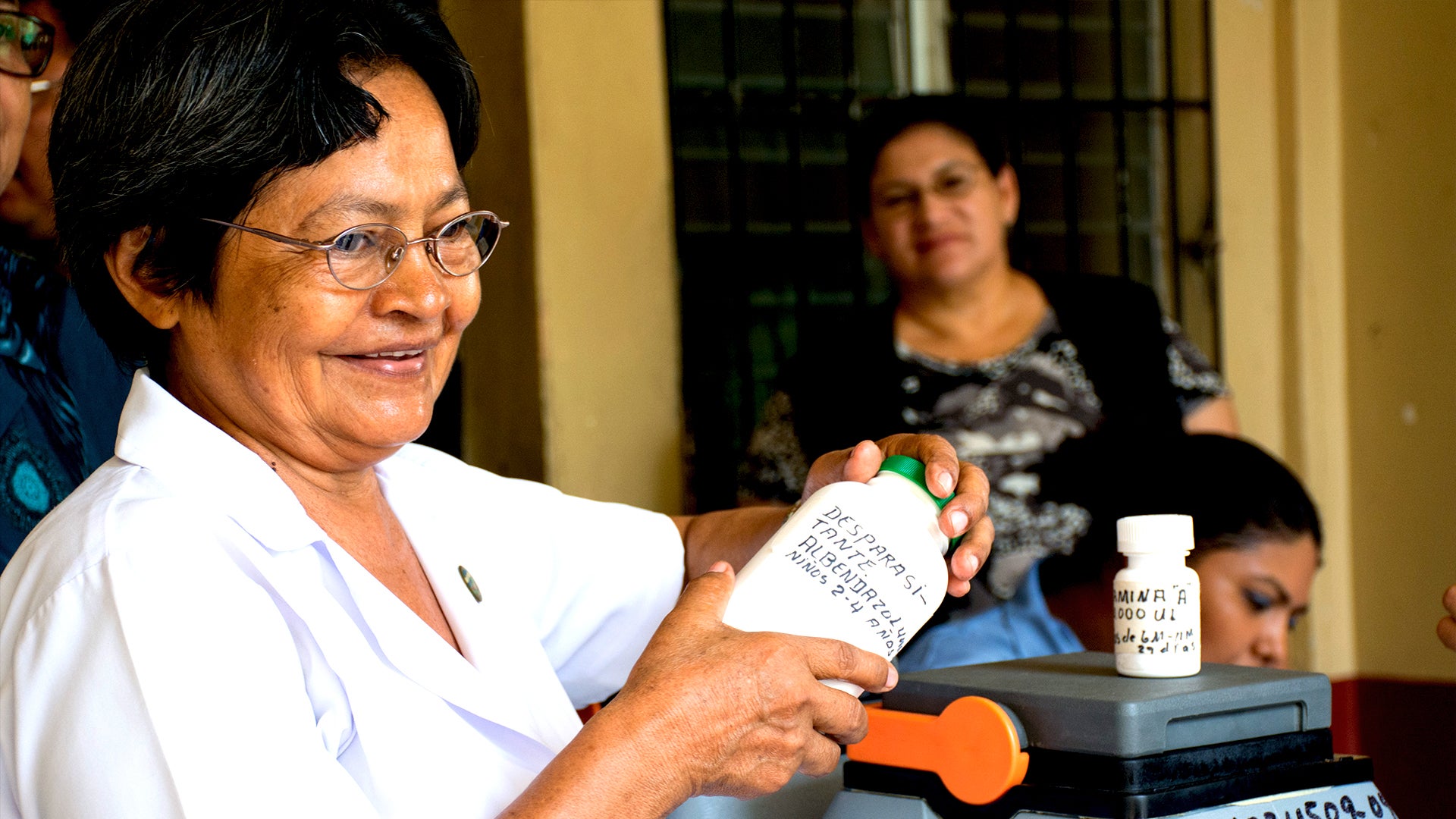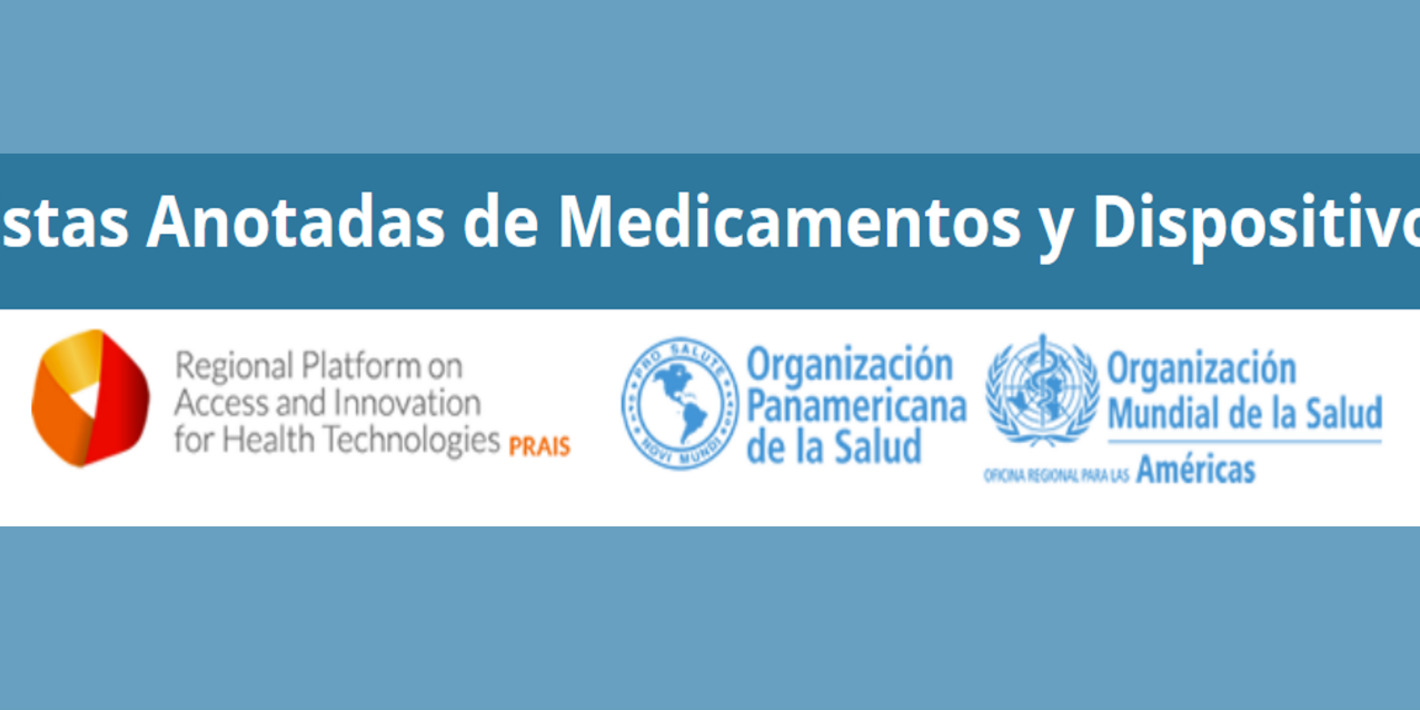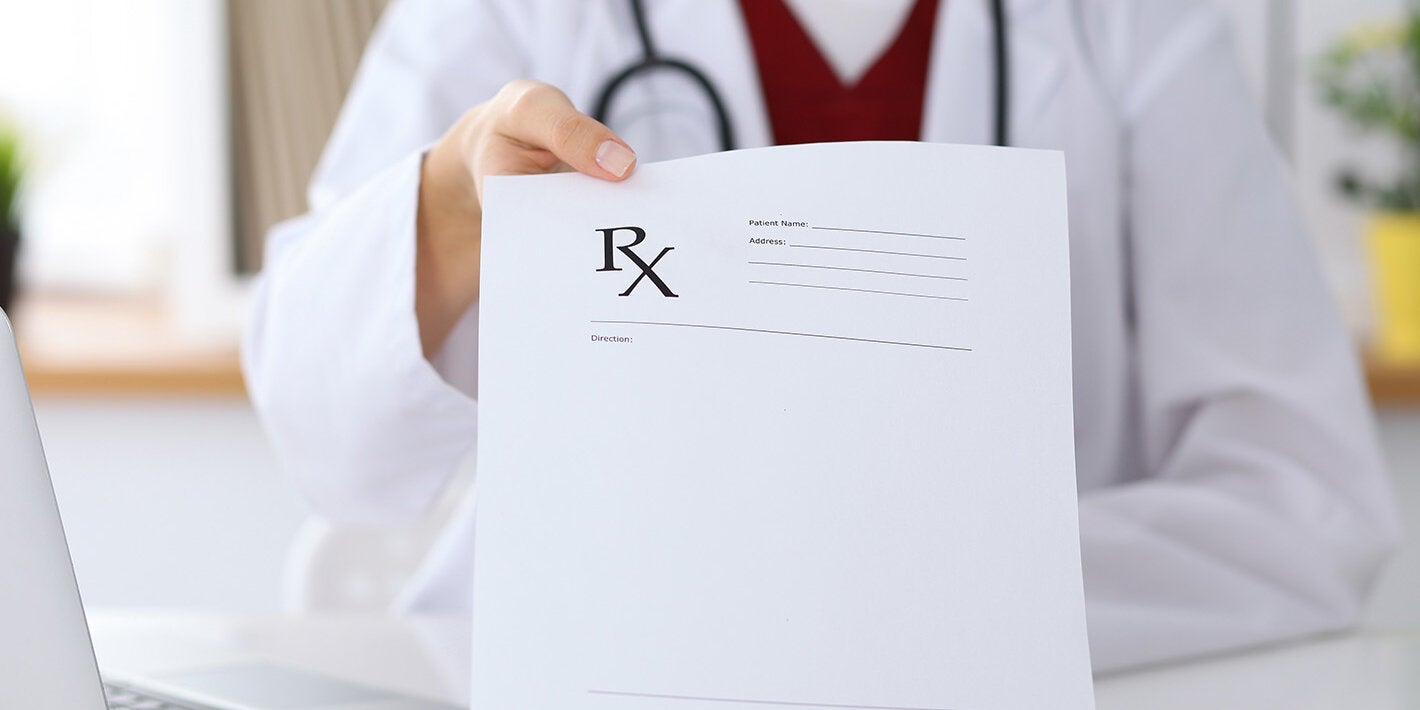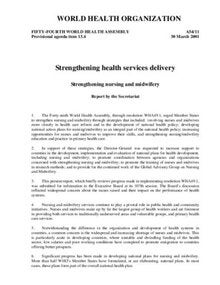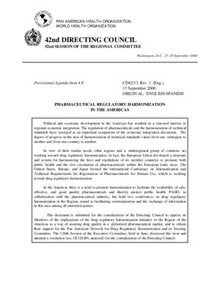The promotion of rational use of medicines through policies, structures, information, and education includes national body to coordinate policies on medicine use; evidence-based clinical guidelines for training, supervision and supporting decision-making; lists of essential medicines used for medicine procurement and insurance reimbursement; medicines and therapeutics committees in districts and hospitals to monitor and implement interventions to improve the use of medicines; continuing medical education; independent and unbiased information about medicines for health personnel and consumers; elimination of financial incentives that lead to improper prescribing; regulations to ensure that promotional activities meet ethical criteria; and adequate funding to ensure availability of medicines and health personnel.
The promotion of rational use of medicines through policies, structures, information and education includes:
- A national body to coordinate policies on medicine use
- Evidence-based clinical guidelines for training, supervision and supporting decision-making
- Lists of essential medicines for medicine procurement and insurance reimbursement
- Medicines and therapeutics committees in districts and hospitals to monitor and implement interventions to improve the use of medicines
- Continuing medical education
- Independent and unbiased information about medicines for health personnel and consumers
- Elimination of financial incentives that lead to improper prescribing
- Regulations to ensure that promotional activities meet ethical criteria
- Adequate funding to ensure availability of medicines and health personnel.


